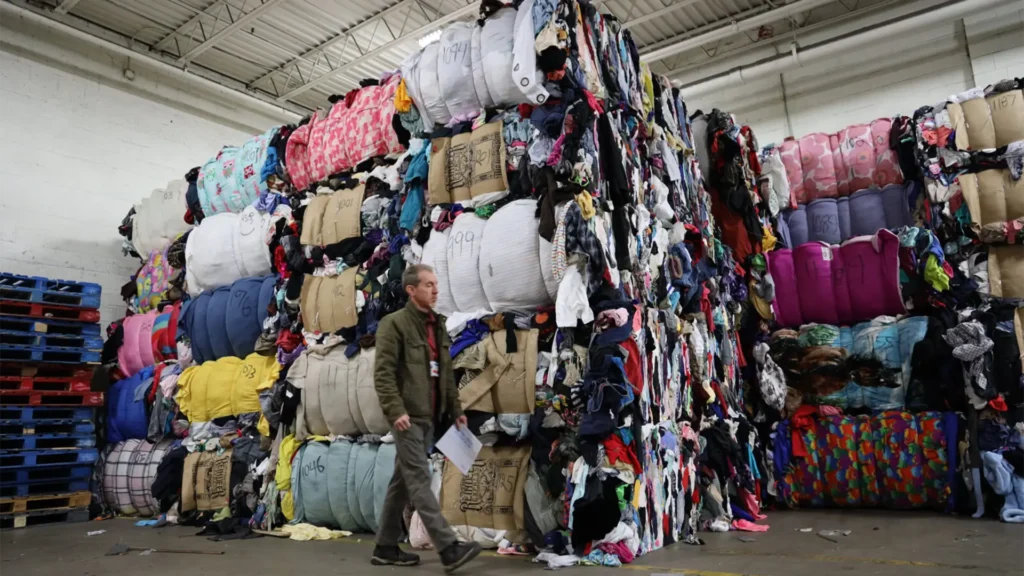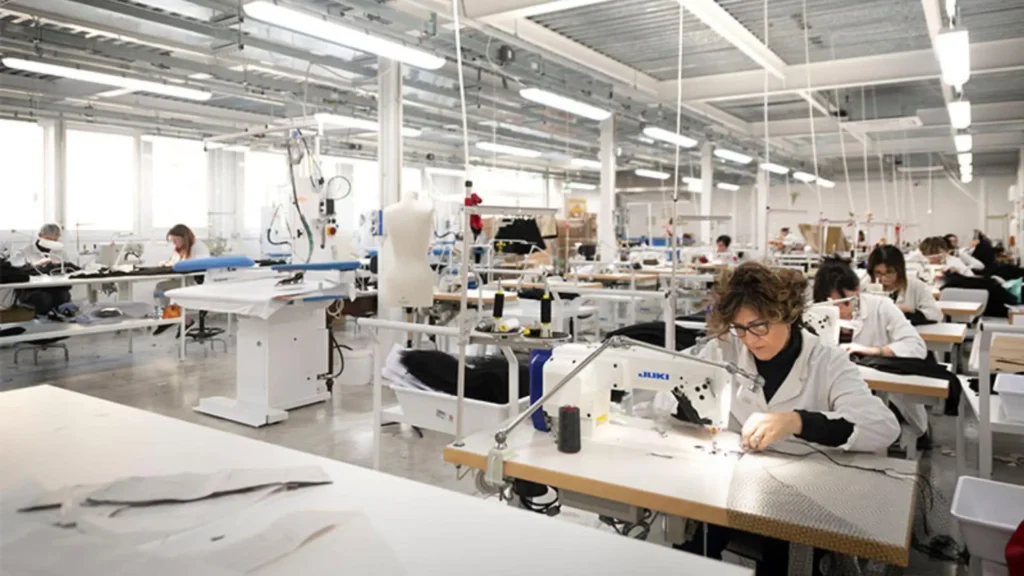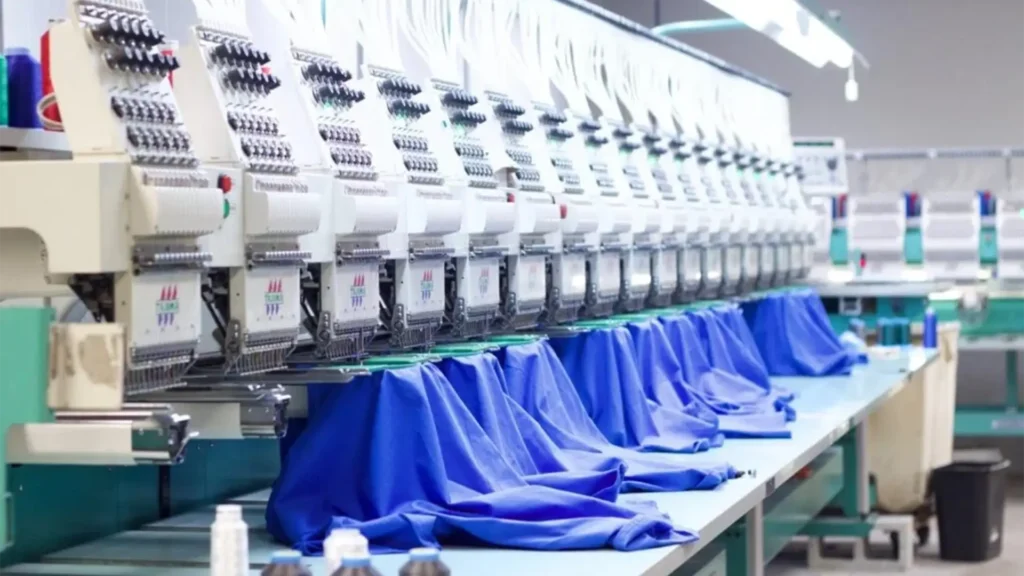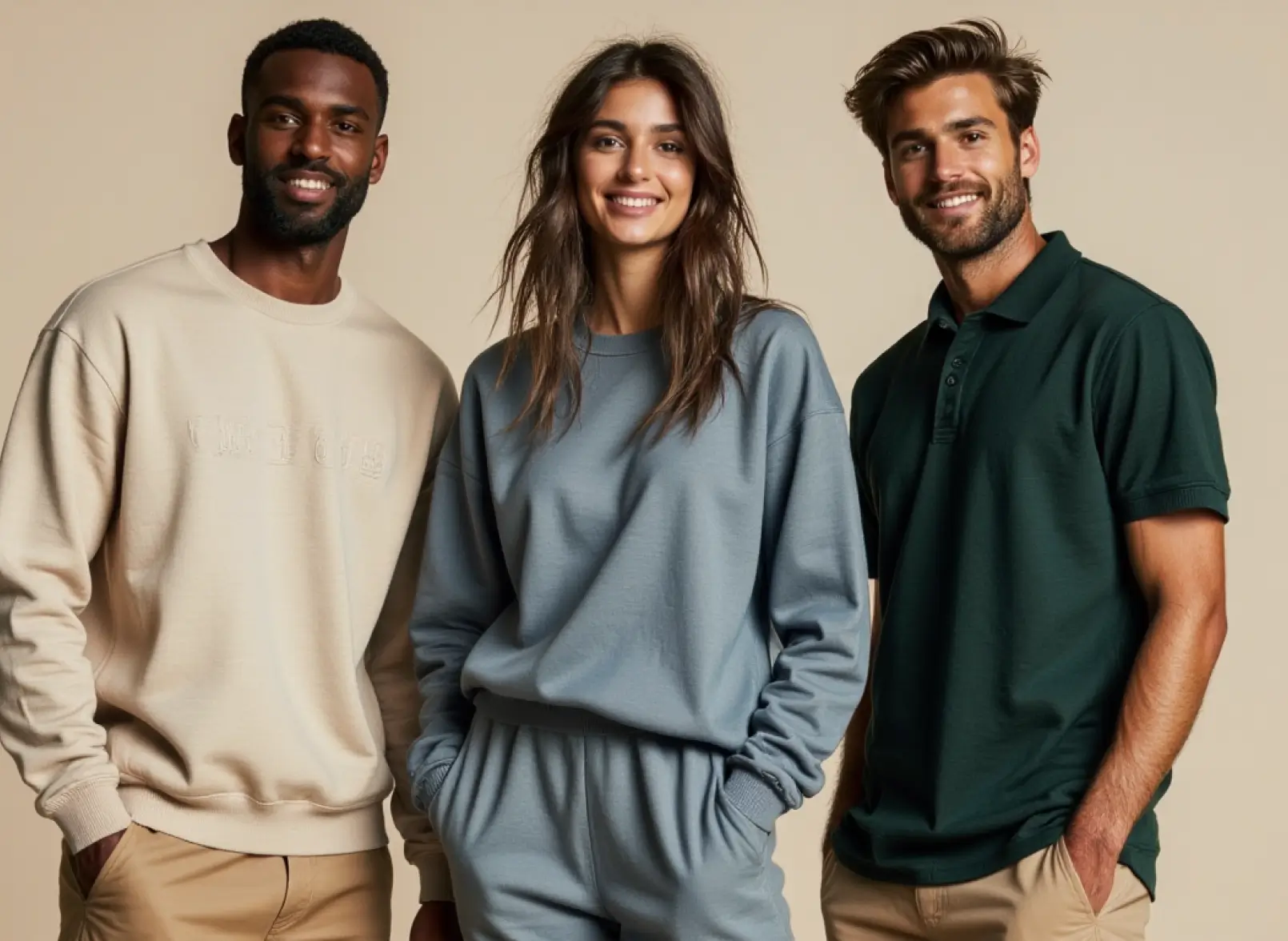What is a Custom Clothing Manufacturer?
A custom clothing manufacturer produces garments based on specific designs, fabrics, and branding requirements. They handle various aspects of production, including pattern-making, prototyping, fabric sourcing, printing, embroidery, and bulk production. These manufacturers cater to streetwear brands, fitness apparel companies, boutique fashion lines, and corporate uniform suppliers.
How Do I Find a Reliable Custom Clothing Manufacturer?
Finding a trustworthy clothing manufacturing partner requires research. Essential factors include experience in your clothing category, clear production terms, quality control processes, and transparent pricing. Checking client reviews, requesting samples, and attending trade shows can help you identify reputable suppliers. Small businesses may benefit from working with manufacturers that offer low minimum order quantities (MOQs).
What Types of Clothing Can Custom Manufacturers Produce?
Custom clothing manufacturers produce various garments, including casualwear, activewear, formal clothing, uniforms, and sustainable apparel. Some manufacturers specialize in niche products such as baby clothing, handmade fashion, or high-performance outdoor wear. Finding a manufacturer that aligns with your brand’s specific needs is essential.
What is the Minimum Order Quantity (MOQ) for Custom Clothing?
MOQ requirements vary among manufacturers. Small-batch manufacturers may allow orders as low as 50 to 100 pieces per design, while bulk-production factories require 500 or more units. Print-on-demand services provide a no-MOQ option, making them ideal for brands looking for flexibility. For startups, working with a low MOQ manufacturer can help test the market before scaling up production.
How Long Does Custom Clothing Production Take?
Production time depends on order complexity, fabric availability, and customization requirements. The sampling phase typically takes one to two weeks, while bulk manufacturing takes two to six weeks. Shipping times vary depending on location, with domestic suppliers offering faster delivery than overseas manufacturers.
Do Custom Clothing Manufacturers Offer Sustainable Options?
Many manufacturers now offer sustainable and ethical clothing production. This includes using organic fabrics like organic cotton and bamboo, recycled textiles, and water-saving dyeing techniques. Some manufacturers also follow zero-waste production methods to reduce fabric waste. Brands focused on sustainability should partner with certified ethical manufacturers to align with their eco-conscious mission.
What is Private Labeling in Clothing Manufacturing?
Private labeling allows brands to sell custom-branded clothing without handling production. The manufacturer produces unbranded garments, and the brand adds its logo, labels, and packaging. This is a popular option for businesses launching exclusive fashion lines, fitness apparel, or personalized corporate wear.
How Do Custom Clothing Manufacturers Ensure Quality Control?
Manufacturers control quality through fabric testing, pre-production samples, and AI-powered defect detection. Testing for shrinkage, colorfastness, and durability ensures that garments meet industry standards. Some manufacturers offer third-party inspections to verify quality before shipment.
Do Custom Clothing Manufacturers Offer Dropshipping Services?
Some manufacturers provide dropshipping services, handling production, inventory storage, and direct shipping to customers. This is ideal for eCommerce brands that want to sell clothing without managing inventory. Print-on-demand suppliers also offer custom printing and branding without requiring large upfront orders.
Can I Customize Fabric, Colors, and Prints in Bulk Orders?
Custom clothing manufacturers allow complete customization of fabric, colors, prints, and trims. Brands can select cotton, polyester, silk, and linen fabrics and choose between screen printing, embroidery, and sublimation for branding. Custom dyeing and finishing options help create a unique brand identity.
What are the Advantages of Choosing Local vs. Overseas Clothing Manufacturers?
Local manufacturers offer faster shipping, easier communication, and higher quality control, making them ideal for brands that require quick turnaround times. Overseas manufacturers often provide lower production costs and access to a broader variety of materials. Choosing between domestic and international suppliers depends on budget, production volume, and delivery requirements.
How Can Custom Clothing Manufacturers Help Reduce Waste and Overproduction?
Many manufacturers offer made-to-order models, small-batch production, and zero-waste fabric-cutting techniques to minimize excess inventory and environmental impact. These practices help reduce overproduction while allowing brands to respond flexibly to market demand.



